|
|
|||||||||||||||||||||||||||||||||||||||||||||||||||||||||||||||||||||||||||||||||||||||||||||||||||||||||||||||||||||||||||||||||||||||||||||||||||||||||||||||||||||||||||||||||||||||||||||||||||||||||||||||
|
Pro Tools
FILMFESTIVALS | 24/7 world wide coverageWelcome ! Enjoy the best of both worlds: Film & Festival News, exploring the best of the film festivals community. Launched in 1995, relentlessly connecting films to festivals, documenting and promoting festivals worldwide. Sorry for the interruption, we needed to correct and upgrade some modules. Working on a new website. For collaboration, editorial contributions, or publicity, please send us an email here. You need for put your full detail information if you want to be considered seriously. Thanks for understanding. User login |
Vanessa McMahonVanessa is a novel writer, screenwriter, rep and a film producer. She shares her discoveries and film surprises. :-)
 Interview with Chadwick Boseman, Mischa Webley and Tory Kittles for THE KILL HOLE (2012)Filmfestivals.com was very sad to hear about Chadwick Boseman's passing, we remember dearly the friendly interview he gave us... RIP Chadwick ! "The film begins with the title", I always say, and in the case of the film THE KILL HOLE (2012), a better title could not have been chosen for this eccentric metaphysical drama by American director Mischa Webley. The film is about two diametrically opposed war veterans- Lt. Samuel Drake (played by Chadwick Boseman) and Sgt. Devin Carter (Tory Kittles)- who each experience their traumatic Iraq war experiences in different ways. Drake drives a cab and attends group counseling sessions with other war veterans as he quietly and desperately tries to piece together his broken and confused sense of existence. While Drake struggles to come to terms with his past, he meets the Iraq war veteran Carter who has found a sense of peace with himself by having looked deep into the depths of "the Kill Hole". Can Drake find peace with himself as Carter has by similarly looking into the Kill Hole or will he lose himself forever within it?
The film held its World Premier at the 2012 Santa Barbara Film Festival. I interviewed Mischa, Chadwick and Tory shortly after their premier.
The film starts with this quote: "Whatever makes a soldier sad will make a killer smile". What does that mean exactly in reference to the story? MISCHA: It’s drawing a subtle distinction because it’s easy to think of soldiers as killers, and they are trained killers in a way. But there’s a difference between a killer and a soldier, which is exactly what the quote indicates. Soldiers don’t kill because they like to kill or that they get any pleasure out of it. They kill because it’s an obligation, a duty. It’s trying to shed some light on what a soldier is which is in light of his actions, being a human being, someone who is struggling with everything that comes whereas a killer won’t necessarily struggle with those things.
Would you say the killer in the story is also the soldier or vice versa? They aren’t diametrically opposed are they? And can one always cross to the other side? MISCHA: There’s a very subtle and fine line between the two but that line is important because that line differentiates something morally and ethically. CHAD: It’s not like the soldier never crosses though. You can lose control. You can lose a sense of yourself. You can even respond to something that’s not even there. I think that’s part of what the characters are dealing with, that maybe they don’t know what the difference is or that distinction hasn’t become clear to them or is not as defined. But there definitely is a difference. It’s part of the struggle of the characters. MISCHA: And I can add to that. I think that the struggle is knowing themselves and the difference, knowing whether they did it right or not. That’s very different and that’s part of what haunts people who are deployed to wars. TORY: Also, the thing about going to war, you kind of start off knowing exactly why it is you are going to war but as the war progresses and you’ve been there for a long time, it’s kind of hard to rediscover what it is you are there for, to keep that idea current, to make sure you’re on the right side. Like, what are you fighting for? What does this mean five years later? Like Afghanistan in 2001, that was very fresh in everyone’s mind, but now in 2012, the questions are..’Was it right to be there?’ like Vietnam too. Was it right to be there? So as a soldier, you know, you’re processing all of this while you’re actually in battle. So I think that makes for a very complex individual. And I think we don’t give soldiers enough credit about the complexities of war and trying to maintain their humanity while killing.
At times I felt like the two characters, the killer and the soldier, were each other’s altar ego. Can you speak about the complexities of being a killer? CHAD: A lot of times when you do a script it challenges you. So I let a friend of mine read it just to give me some insight while going through scenes together. And he said to me at one point ‘wait, are they the same person?’ So, I think to a certain degree from a metaphysical point of view, they are. My character doesn’t talk that much in the first 30 minutes so it's quite striking when he does start talking. But I definitely feel like they are kindred spirits living on opposite ends. Like my wilderness is the city while his wilderness is actually in the wild, but there is really an understanding, a camaraderie there that draws together the two, but they definitely are two distinct people.
The story is set in the Pacific Northwest so it's far removed from the place and time of war. Can you explain the importance of the place and how it affects the two main characters? MISCHA: One thing I was interested in was making a war film without a war, the idea that often soldiers never come back, even when they have returned home, that they’re still in battle long afterwards. And these two characters are struggling with that, out in the middle of the Pacific Northwest in the wilderness wide open and there’s not a soul in sight but still that battle is still raging and they’re still dealing with the same things, having the same issues as if they were still in battle. At the same time on top of that, the two characters are dealing with the same pain in opposite ways. But then they come around to each other. There’s an understanding between them that they’re both dealing with the same pains and the same things. TORY: The difference, though, is that Carter’s pain comes from what he sees. And that was one isolated event that took him to the edge. There are some things you can’t get over. He talks about his friend who couldn’t handle it and that was his breaking point but with Carter, this was the thing that moved him to a place beyond return.
How did you find your cast? Did you write the parts for them? MISCHA: I didn’t write the parts for them. We did a casting call through our casting director. We read a number of actors for both roles. The things that attracted me to work with Tory and Chadwick was their immediate understanding of the material and their immediate read and the depth that they brought to that. We talked. I met Chad with one of my producers and immediately his ability to see into the character and to bring something additional is something you’re always looking for. You’re always looking for someone who will bring something you can't see, someone that can embody that and bring that depth. And with Tory we Skyped and talked on the phone and I cast him without ever meeting him. But he had an understanding of that character and that character is tricky. The tendency for actors, we found, in auditioning for that role was that people really wanted to play crazy which was a turn off to me because it felt they were judging the character and that’s not a good place to start. But Tory saw humor, depth and a kind of emotionality of that character that we were looking for. And with the character for Drake, it was much the same with Chad but with restraint, and as Chad said, the character doesn’t say much especially at the beginning being able to hold a scene and command a scene without dialogue is important and he did very well.
I was reminded by The Thin Red Line by Terrence Malick because there was a lot of voiceover and very deep thinking in the beautiful environment and with the reflections of war. Who are your greatest influences as a director would you say? MALICK: Definitely Terrence Malick. I’m also a big fan of Stanley Kubrick. Scorsese too. I’m a huge fan of films from the 70’s. The list goes on for different reasons. So many great films. With this film, as part of my influence too was just by talking to vets as part of the research I did while I was writing it, trying to get an idea of their experience, beginning with my grandfather from World War II to speaking with Vietnam vets and their experience and more recently including a good friend of mine who is still active who is doing his fourth tour right now in Iraq and Afghanistan.
What does the phrase "The Kill Hole" mean to you? CHAD: Well, all I can say is that ‘The Kill Hole’ was Carter’s outlet. It was all of his ideas. I mean, I think Sgt. Carter was a very intelligent guy but once he got past that breaking point, he didn’t know where to put all of his feelings, all of his thoughts, you know all of these abstract things that were coming to him and ‘The Kill Hole’ became that place that saved him. It was the only place that made sense to him so he could put himself into that lonely place to be, that was his sanity. MISCHA: What it really represents is sort of what thematically the film is getting at. It’s easy to try to pigeonhole the film as it being an action film or a horror film but it’s really neither. We’re thinking that it’s more than that, there’s more a symbolic nature as there is more going on in the story as in a person transcending his experience.
"The Kill Hole" recalls for me the wellspring of life and creativity or an abyss. Is there a hint of Native American mythology underlying the story? What does it mean symbolically? MISCHA: Right, well in this case, as its explained in the film, this tribe when they create the Kill Hole in these areas, it was an anticipation of death so that when they die their soul would have a clean transition from this world to the next. Well, I don’t want to give too much away but Carter is looking for that. He sees that. CHAD: I like the play on words. I like the fact that you hear the title and you think, ‘What’s that?’ This film is not a typical action film. It just has so much more depth to it than that the title will actually will grow as the film becomes more known and gets its own sort of cultural meaning and grows into its own significance, the meaning of the title will change and have texture. I like the title. At first I didn’t, but it’s a good title because it has multiple meanings and it will just be added to with time. TORY: Another thing about the Kill Hole was that it was Carter’s outlet but you know all soldiers are looking for an outlet like this. And in making the film, the real soldiers that were actually a part of the film, that became their outlet; for some of them more so than they had in their own counseling sessions. You know, the film became their way of expunging some of the hurt and pain that they were carrying because they were able to use that pain for something greater. It wasn’t just about them. And in the end credits you get to see the real guys talking about things they never talked about to anyone before. CHAD: There is definitely a spiritual aspect to it that you have a place that is infinite that you can divulge your secrets to and that things come out of. When you’re playing it, you can’t play that. You can’t get wrapped up in the symbolism. You can feel it but you can’t play it. MISCHA: Well, you know, we’ve all seen the movie of the troubled soldier. We’ve all seen the movie of avenge. With these characters and writing the script and the film as a whole, I was trying to transcend that and not to make the easy choice, not to just depict soldiers as just troubled hopeless surviving people. They’re intelligent people that in this case are really functioning on a spiritual level and how they’re approaching the world.
I really like the symbolism as you are using the idea of endless possibilities and limitless beginnings that is in itself the healing. Is the message mainly that as long as there is life there is always hope for renewal and recreation? MISCHA; Well, in a lot of ways Carter was more clear than Drake about what they had been involved in and done. Carter had found some clarity; however violent and questionable it might be, he found some sort of peace. TORY: And the clarity is actually what he realized he didn’t have. A lot of it is about loss and seeking out Drake because he needed that. It was something that was missing and was gone from him. I think the thing about soldiers that they miss when they come back is the camaraderie, of having that support group. There is no other support group when you go out and your life is in this other man’s hands. There is no other feeling when you know that this person will do everything in their power to protect you and you’ll do anything in your power to protect them. CHAD: And an interesting point on that is that the soldiers that participated in the film, they felt they opened up in ways that they said they had never done before. So through the process of acting it became a situation where nobody was acting. They’re so used to supporting one another that they were trying to act and I had lines as the actor; while they felt self-conscious about acting and I felt self-conscious about saying these lines amongst real soldiers. All the rest of the actors had been real soldiers. I voiced that and I said ‘I don’t feel adequate to even talk in this room because you guys are talking about life and death situations.’ There was this one guy who started crying because he had lost two guys during the war. But they supported me because they said they needed me to get the story out. And that support is what helped me to do the role.
What experience did you draw from inside you to play a war veteran without having ever been one? CHAD: I think as actors we are always asked to do things we have never done. I mean, if you ask me to do a role where I’m a serial killer, well I’ve never killed anybody but I’ve been mad when I’ve been surrounded by flies and have killed them. You know, you use the smallest themes and make them bigger. I use the experience of the soldiers and I drew from that experience as much as I could. I have family members who have been in the military. I think that the most important thing is if you have compassion it opens the door to experience other people’s pain. Compassion is the thing for all actors I think. If you have compassion for other people, things will open up for you.
Your world premier was in Santa Barbara during the Santa Barbara Film Festival. How have people taken to your film? MISCHA: We had overall a great response. We even had people crying. It’s a heavy film but I think that we managed to leave something open there too and it was great to hear from one Vietnam veteran tell us how affected he was by the film. Hearing from someone like him that we portrayed this truthfully was the highest compliment to me. You know, because a film like this is tricky. We don’t want to put words in people’s mouths. You know, I’ve never been to war so I always keep that in mind, that at the end of the day you’re making this stuff up and you want to stick to the truth behind it all. But we had a great turn out and a great response.
-Written and conducted by Vanessa McMahon; April 22, 2012
Boseman died on August 28, 2020, after privately dealing with colon cancer for four years. Since we interviewed him He played several historical figures, such as Jackie Robinson in 42 (2013), James Brown in Get on Up (2014), and Thurgood Marshall in Marshall (2017). His role as the superhero Black Panther in the Marvel Cinematic Universe films, including Black Panther (2018), made him an international star, winning him an NAACP Image Award and a Screen Actors Guild Award. Hi full filmograpy:
Television
Awards and nominations
31.08.2020 | Vanessa McMahon's blog Cat. : Mischa Webley and Tory Kittles THE KILL HOLE (2012) - Interview with Chadwick Boseman Interviews PEOPLE
|
LinksThe Bulletin Board > The Bulletin Board Blog Following News Interview with EFM (Berlin) Director
Interview with IFTA Chairman (AFM)
Interview with Cannes Marche du Film Director
Filmfestivals.com dailies live coverage from > Live from India
Useful links for the indies: > Big files transfer
+ SUBSCRIBE to the weekly Newsletter DealsUser imagesAbout Vanessa McMahonThe Editor |
|||||||||||||||||||||||||||||||||||||||||||||||||||||||||||||||||||||||||||||||||||||||||||||||||||||||||||||||||||||||||||||||||||||||||||||||||||||||||||||||||||||||||||||||||||||||||||||||||||||||||||||


















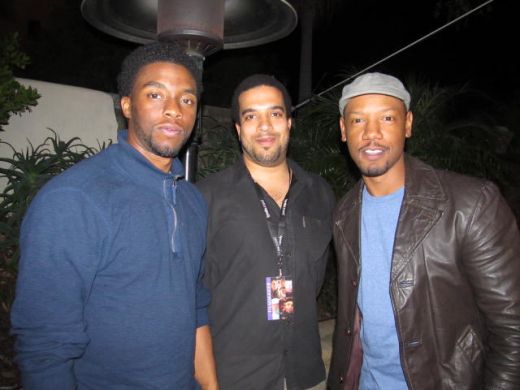
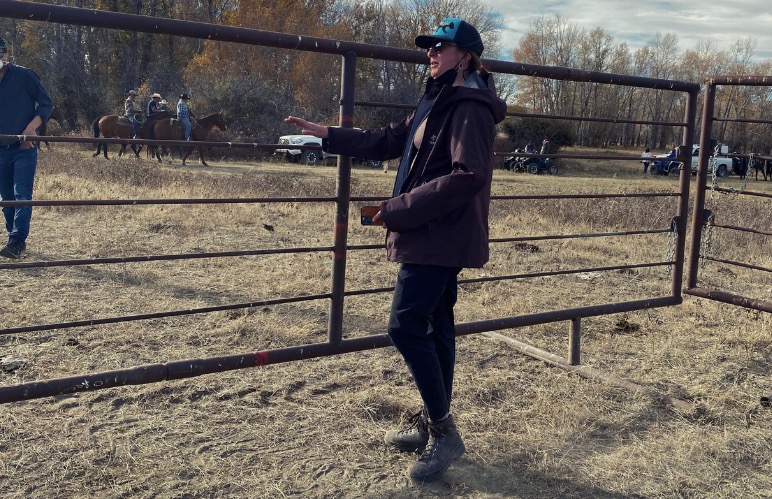
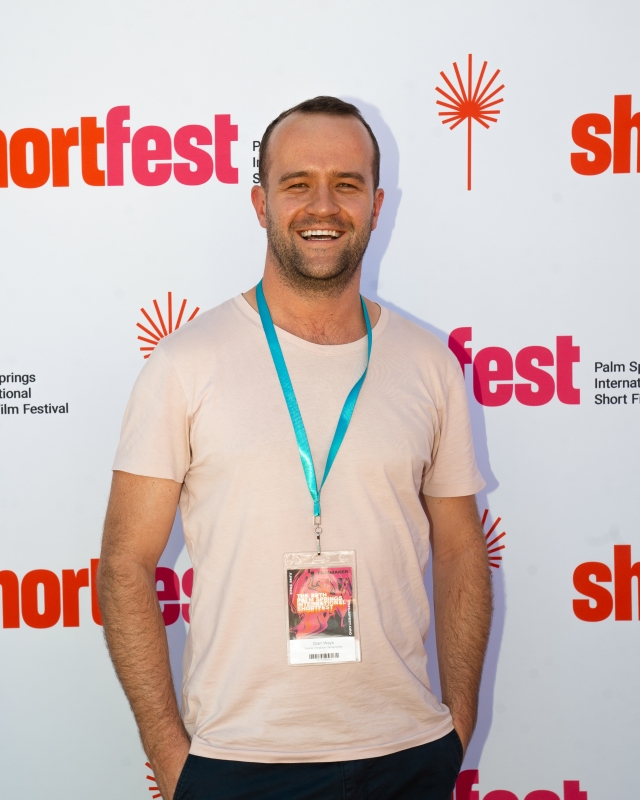
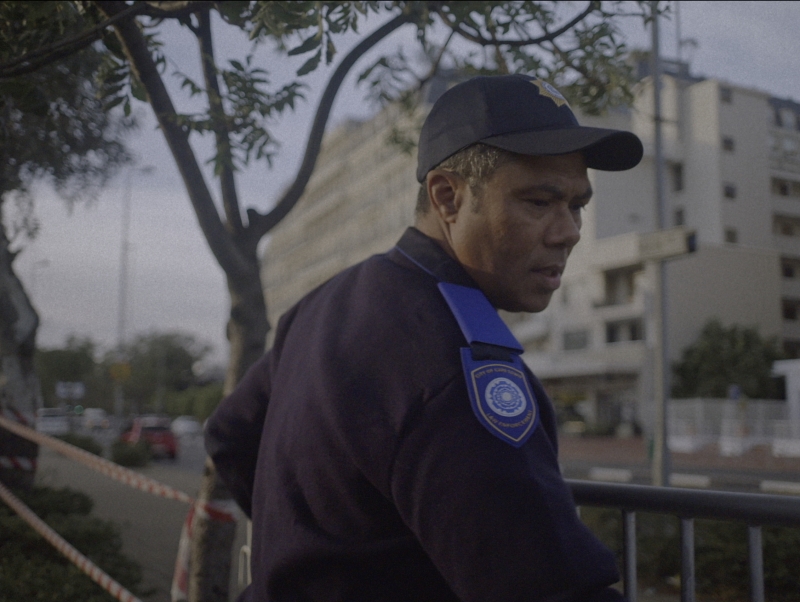
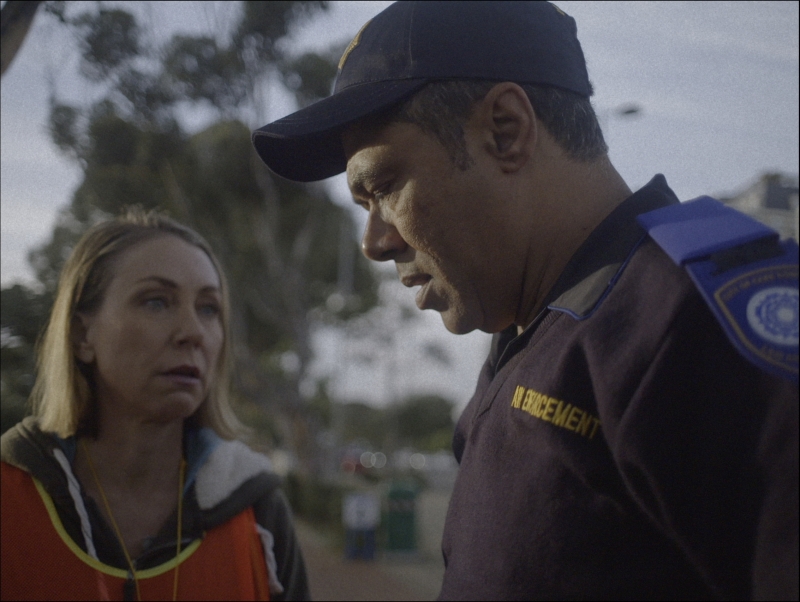
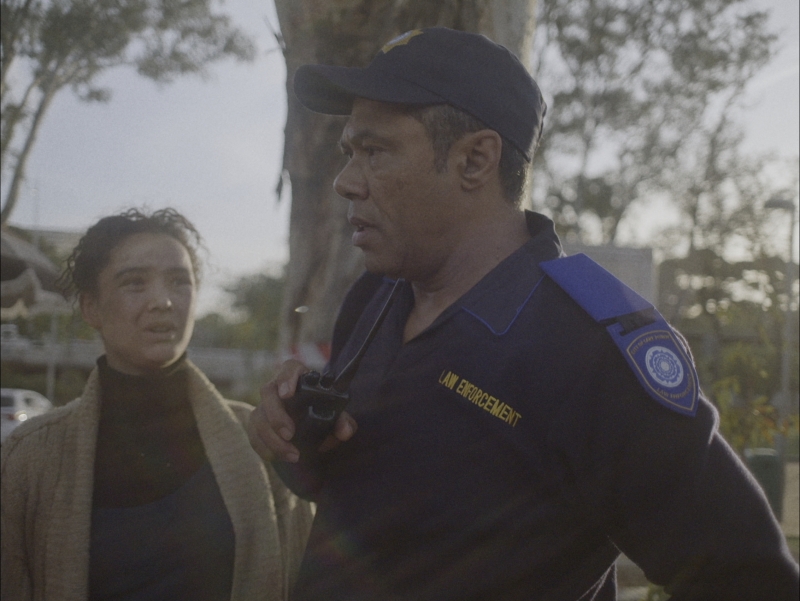
.jpg)



